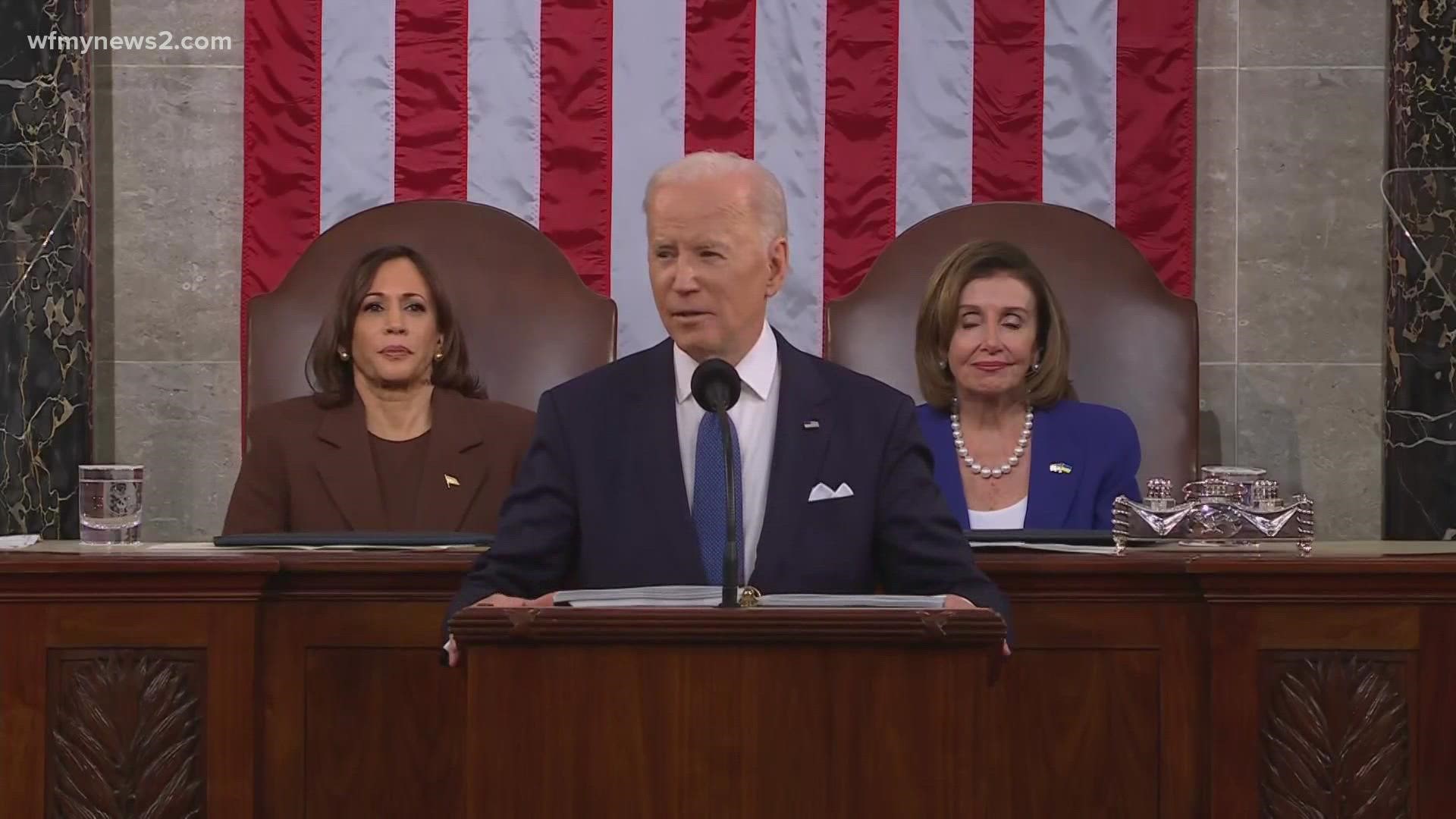GREENSBORO, N.C. — Money and inflation remain top of mind for people across Greensboro and the rest of the country.
Investopedia defines inflation as "the decline of purchasing power of a given currency over time. A quantitative estimate of the rate at which the decline in purchasing power occurs can be reflected in the increase of an average price level of a basket of selected goods and services in an economy over some period of time."
The latest consumer price report shows sharp increases in the prices people pay for many things.
The Federal Reserve said months ago it plans to increase interest rates to try getting a grip on inflation. Those rate hike will come later in March, according to Federal Reserve Chairman Jerome Powell.
"Inflation is too high," Powell said. "We understand that and we're working on it."
Experts warn the conflict between Russia and Ukraine could make prices here at home go even higher. We've seen gas prices jump from sanctions placed on Russia, one of the world's leading oil producers.
"If the war in Ukraine continues and oil prices remain high, the Fed may have to raise rates more quickly," CBS News Business Analyst Jill Schlesinger said.
The rate hike is expected to come at the next Fed meeting in about two weeks. Americans will see a quarter-point increase in their interest rates.
That has impacts across several areas.
Savings
The rate increase should benefit people who are savers. They will see higher interest rates on their accounts and CDs.
People who tend to borrow money will see the same effect, but they'll pay higher rates on their loans.
Moreover, people will see higher credit card rates. A bank's prime rate dictates card changes. The prime rate increases with Fed rates.
Several rate increases over time could prove costly for consumer. Lending tree suggests people call their card issues now to try getting a better rate.
Housing Market
The Fed's rate increase does not necessarily impact mortgage rates. However, those have gone up to counter high inflation too.
The latest commerce department reports has long-term mortgage rates sitting at 3.76%. That number remains much higher than we saw most of the pandemic.
Historically-low rates during the pandemic set the housing market on fire. We saw record home sales month to month, and prices soared.
That led some renters to stick with their unit. That dried up supply while forcing demand to rise. That led to a very competitive, expensive rental market.

